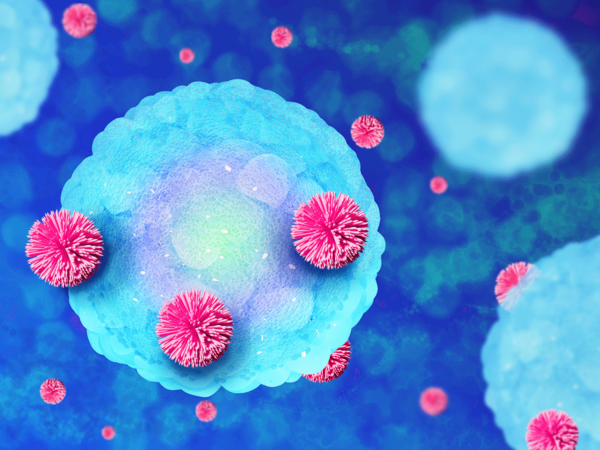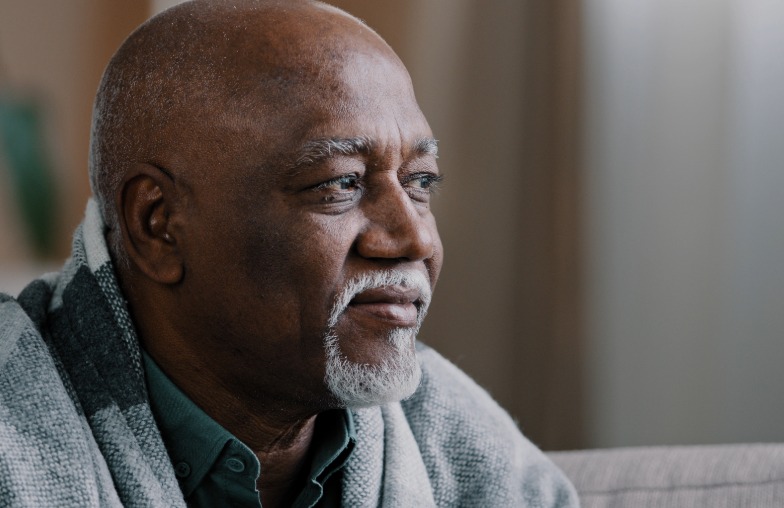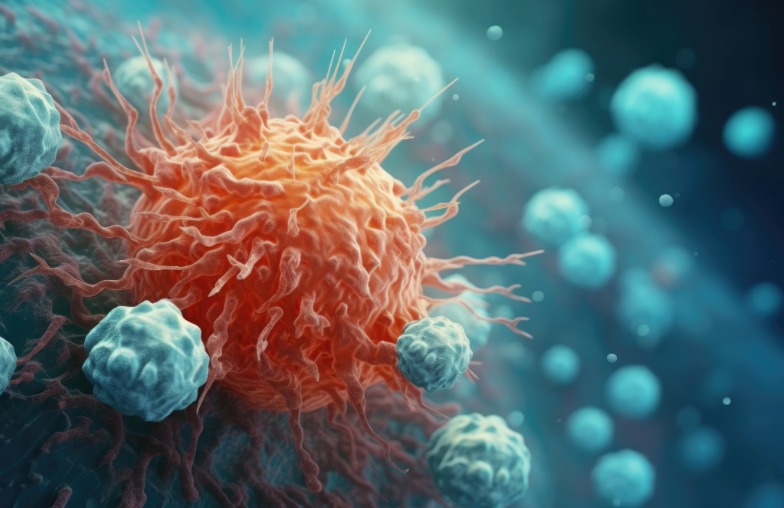Overcoming Cancer Resistance to Immunotherapy
The Society for Immunotherapy of Cancer (SITC) is the premier conference dedicated to the advancement of immunology and immunotherapy treatments. Taking place in Houston, Texas, this year’s event had more than 6,000 representatives from academia, government and industry in attendance. Nearly 1,500 cutting-edge oral and poster abstracts were presented during the conference.
Progress in cell therapy research
As we look to the future of immunotherapy research, delegates at this year’s SITC conference paused to reflect on the last decade plus of progress.
Beginning with the US Food and Drug Administration’s (FDA’s) approval in 2011 of ipilimumab for advanced melanoma, immunotherapy, and specifically immune checkpoint inhibitors, have experienced much success. Yet despite these successes, particularly in melanoma and metastatic non-small cell lung cancer (NSCLC), challenges and limitations persist. For example, less than half of melanoma patients treated with checkpoint inhibitors respond to immunotherapy. Additionally, some cancer types, such as pancreatic or prostate, are highly resistant to immunotherapy treatment, showing little to no response at all.
Resistance and varied response to immunotherapy
Conference delegates hotly debated the leading reasons for cancer resistance or varying responses to immunotherapy treatment, including:
- Addressing T cell exhaustion: T cell exhaustion is a phenomenon that occurs when T cells lose their ability to kill cancer cells because of overstimulation of the immune system. Researchers are exploring ways to restore T cell function and, ultimately, the effectiveness of checkpoint inhibitors.3
- Tumor heterogeneity: Antigen expression can vary widely within a single tumor, across different tumors in the same patient or across patients, greatly impacting overall immunotherapy response. Drug developers are looking at ways to overcome tumor heterogeneity and enhance responsiveness to immunotherapy treatments.4
Innovative, breakthrough poster presentations
The latest breakthroughs and significant research findings in immunotherapy are always exciting to hear about at SITC. These were two of the most notable poster presentations I attended:
- First-in-class T cell receptor chain in patients with antigen-rich solid tumors resistant to anti-PD-L1
Researchers with Gustave Roussy, a top-ranked cancer treatment center in France, and other institutions published an impressive poster focused on START001, a phase I/II trial of invikafusp alfa, a first-in-class T cell receptor (TCR) β chain-targeted bispecific antibody, as a monotherapy in patients with antigen-rich solid tumors resistant to anti-PD-L1. This research is significant because the development of a new T cell receptor chain could help overcome resistance and improve the immune system’s ability to recognize and attack these tumors.
- IGNYTE trial findings in patients with anti-PD-1 failed melanoma
The University of Texas MD Anderson Cancer Center presented an oral analysis focusing on the registration-intended cohort of patients in the IGNYTE trial with anti-PD-1 failed melanoma. The study included a clinical subgroup analysis and initial biomarker data for this subpopulation. This research is crucial to better understand which patients benefit the most from immunotherapy and how to improve outcomes for patients who have limited options after failing standard immunotherapy.
SITC offered a great opportunity to celebrate the successes and rally around the challenges that persist in immunotherapy research. Immunotherapy continues to lead the way as an innovative, next-generation treatment for cancer patients.
We can help
With our exclusive biotech focus and next-gen oncology experience, Catalyst Oncology supports early- to late-phase drug development across a range of both solid and hematologic indications. Greater than 41% of our active trial portfolio is in immuno-oncology (IO). Connect with us to learn more about our IO expertise and discover how we can support your IO trial.




